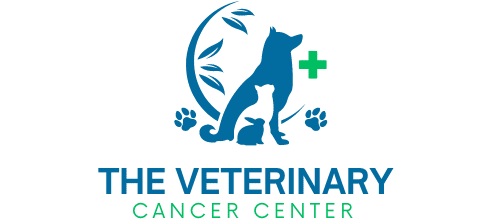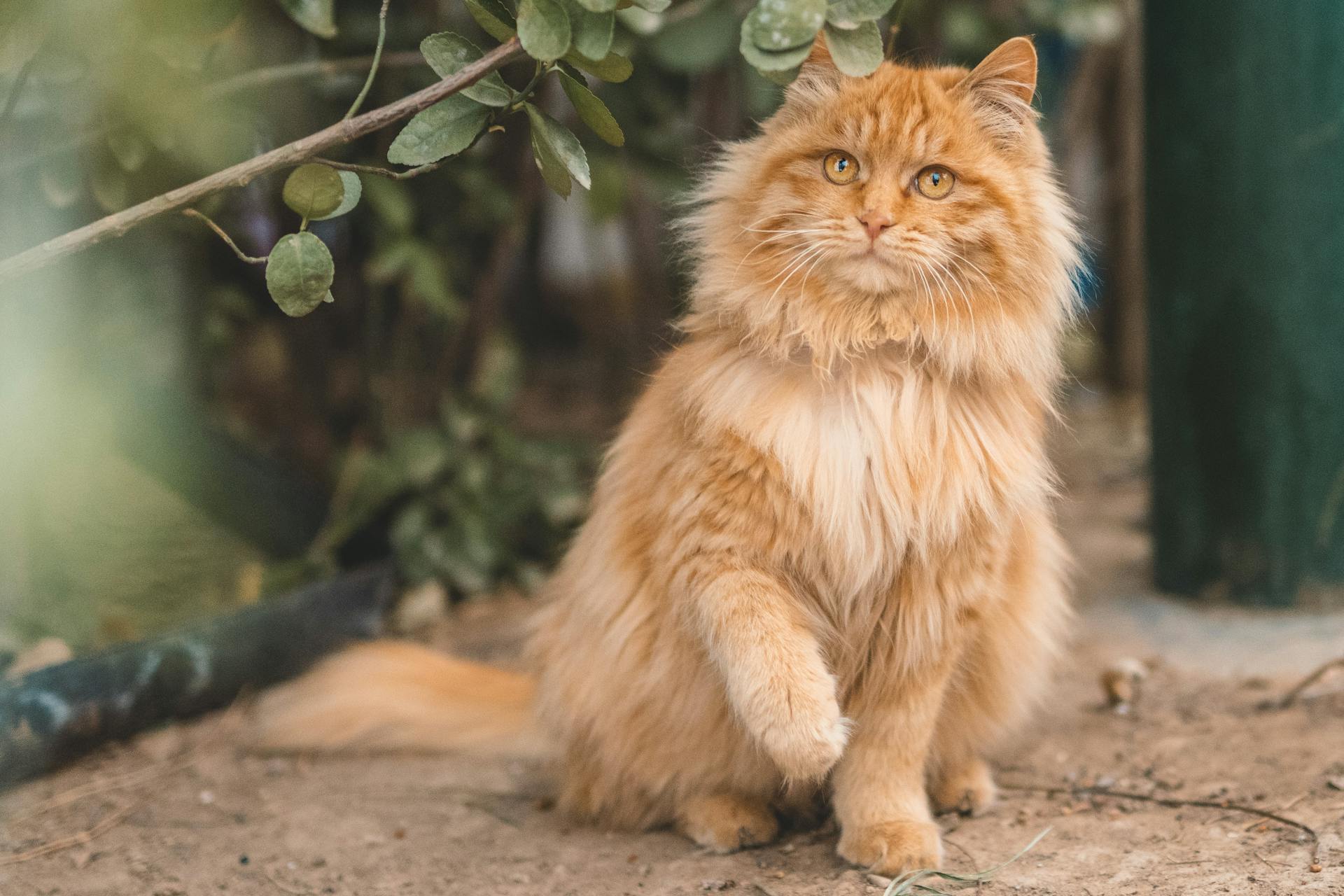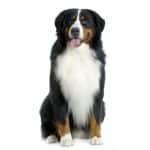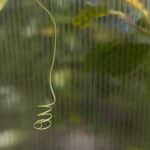Maine Coon cats are known for their majestic size, tufted ears, and thick, glossy coats. These beautiful felines require specialized care, particularly during the molting season. During this period, they shed their winter coat to make way for a lighter, summer one. While shedding is a natural process for felines, it can lead to an array of issues, such as hairballs, skin problems, and more. In this detailed guide, you will learn how to provide the best care for your Maine Coon during the shedding season. We’ll delve into a myriad of topics including grooming, diet, skin health, and more.
Grooming: The First Line of Defense Against Shedding
Grooming plays a critical role in managing your Maine Coon’s shedding period. Regular brushing helps to keep the coat sleek and free from knots, while also reducing the amount of loose hair that could potentially form hairballs. However, bear in mind, not all brushes are suitable for these cats. Understanding the appropriate grooming tools and techniques will significantly help in taking care of your kitty’s lush fur.
Dans le meme genre : What training methods are effective for teaching an English Springer Spaniel water retrieval?
Start with a slicker brush, a grooming tool with fine, short wires close together. It’s excellent at removing loose hair and untangling minor knots. For more stubborn tangles, a mat breaker or a dematting comb would be your best bet. Remember to be gentle when using these tools to avoid hurting your cat’s skin.
When grooming your Maine Coon, pay special attention to the areas that are prone to matting, such as the underarms and beneath the collar. Brush the coat in the direction it naturally grows, and remember to praise your cat during the process to make it a positive experience.
Lire également : What steps are necessary to ensure a German Shepherd adapts well to life in a small UK flat?
Maintaining Skin Health During the Shedding Season
A healthy coat begins with healthy skin. It’s crucial to monitor your Maine Coon’s skin condition during the shedding period as the increased hair loss can sometimes lead to skin irritations. Enhancing your cat’s skin health can effectively help control shedding, while also preventing dry, itchy skin.
Regularly check your cat’s skin for signs of redness, swelling, or patches of hair loss. If you notice any of these symptoms, consult a veterinarian immediately. Bathing your Maine Coon can help keep their skin healthy, but refrain from overdoing it as it can strip off the natural oils, leading to dry skin. Use a hypoallergenic, cat-safe shampoo.
Ensuring your cat stays hydrated is also vital for healthy skin. Provide fresh water daily and consider incorporating wet food into their diet. The extra moisture can help keep the skin hydrated and supple.
Proper Diet: Key to a Glossy, Healthy Coat
Your Maine Coon’s diet plays an integral role in their overall health, particularly when it comes to their coat. A well-balanced, nutritious diet helps ensure a healthy, shiny coat and can also reduce shedding. Knowing what to include in your cat’s meal during the shedding season can make a significant difference.
Ensure that your cat’s diet is high in protein, as it’s a crucial component for hair growth. Foods rich in Omega-3 and Omega-6 fatty acids, such as fish oil, can help improve skin health and enhance fur quality. Additionally, vitamins A and E support skin health and add a glossy finish to the coat.
Keep in mind that sudden changes in diet can stress your cat and potentially cause further shedding. Therefore, any changes should be gradually introduced.
Managing Hairballs During the Molting Season
With the increased shedding, your Maine Coon is likely to ingest more hair, leading to the formation of hairballs. Besides being unpleasant, hairballs can lead to intestinal blockages, which can be life-threatening. Understanding how to manage hairballs will help keep your cat comfortable and healthy during the shedding season.
Regular grooming can significantly reduce the amount of hair your cat ingests. However, grooming alone isn’t enough. Incorporating hairball control formulas in your cat’s diet can prove beneficial. These products are designed to promote a healthy coat, minimize shedding, and support the natural elimination of hairballs. You could also consider hairball control treats.
However, if you notice your cat struggling to expel a hairball or showing signs of distress, seek immediate veterinary attention.
In conclusion, providing care for a Maine Coon during the molting season involves a comprehensive approach, including proper grooming, maintaining skin health, offering a nutritious diet, and managing hairballs. By following these strategies, you ensure your Maine Coon stays comfortable and healthy during the shedding season.
Ensuring Proper Hydration and Exercise for your Maine Coon
Hydration and exercise are two essential elements that often get overlooked when discussing cat care. However, they’re especially important during the molting season for your Maine Coon. Hydration is crucial for maintaining healthy skin and fur. At the same time, exercise can help manage shedding and minimize hairballs.
Ensure your Maine Coon has access to fresh water at all times. A cat water fountain is a great way to encourage water intake, as many cats prefer flowing water over stagnant water in a bowl. You could also consider wet cat food, which has a high moisture content and can help fulfill your cat’s hydration needs.
Exercise, on the other hand, can help reduce excessive shedding. Active cats tend to have healthier coats because exercise stimulates blood circulation, promoting healthier skin and fur. Engage your Maine Coon in daily play sessions using interactive toys, laser pointers, or even a simple string. Not only will this help manage your cat’s shedding, it’s also a great way to bond with your feline friend.
Opting for High-Quality Cat Food for Your Maine Coon
Feeding your Maine Coon high-quality cat food is another crucial aspect of their care during the molting season. The right cat food can help manage shedding, reduce the risk of hairballs, and promote a healthy coat.
Look for cat food that is high in protein and includes Omega fatty acids. These nutrients are essential for maintaining a healthy coat and skin. High-quality cat food is typically free from fillers and artificial ingredients, which can lead to dry skin and excessive shedding.
It’s also beneficial to include a mix of dry and wet cat food in your cat’s diet. Dry cat food can help keep your Maine Coon’s teeth clean, while wet cat food provides the extra moisture needed for healthy skin and fur.
Remember, it’s always best to gradually introduce new foods to your cat’s feeding regimen to minimize the risk of digestive issues.
Conclusion: Ensuring Your Maine Coon’s Comfort and Health During the Molting Season
In essence, caring for a Maine Coon during the molting season involves much more than just managing hair loss. It’s about ensuring your cat’s overall comfort and health. From proper grooming and skin care to providing a nutritious diet, adequate hydration, and regular exercise, each aspect plays a pivotal role in keeping your Maine Coon healthy and happy.
Remember to monitor your cat’s skin for any signs of irritation, ensure your cat stays hydrated, and provide high-quality cat food rich in protein and Omega fatty acids. With these steps, you can effectively manage shedding and minimize the risk of hairballs, ensuring your Maine Coon remains comfortable throughout the molting season.
Caring for these majestic creatures may require some effort, but the reward is a healthy, content, and beautiful Maine Coon that brings joy and companionship to your life.











